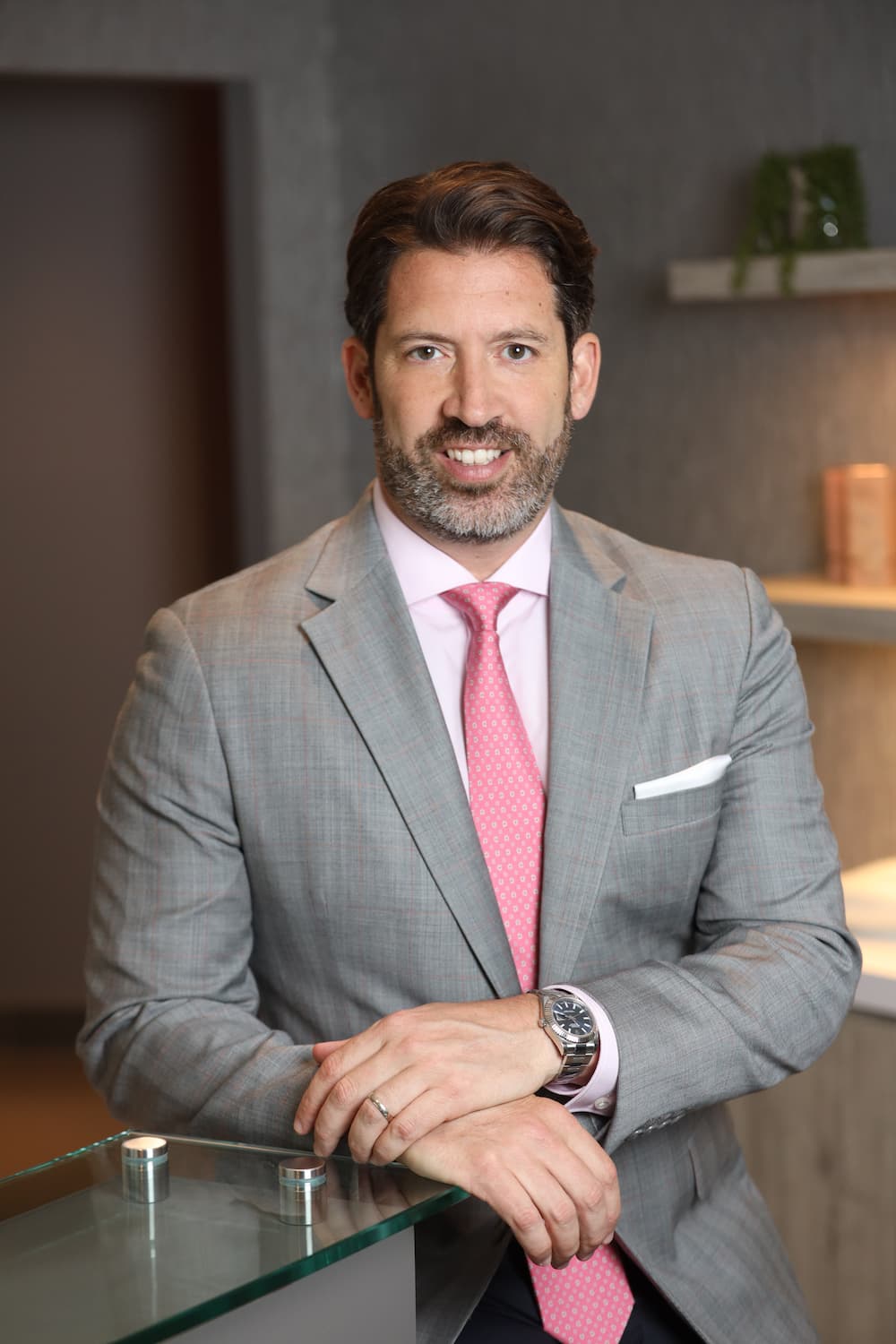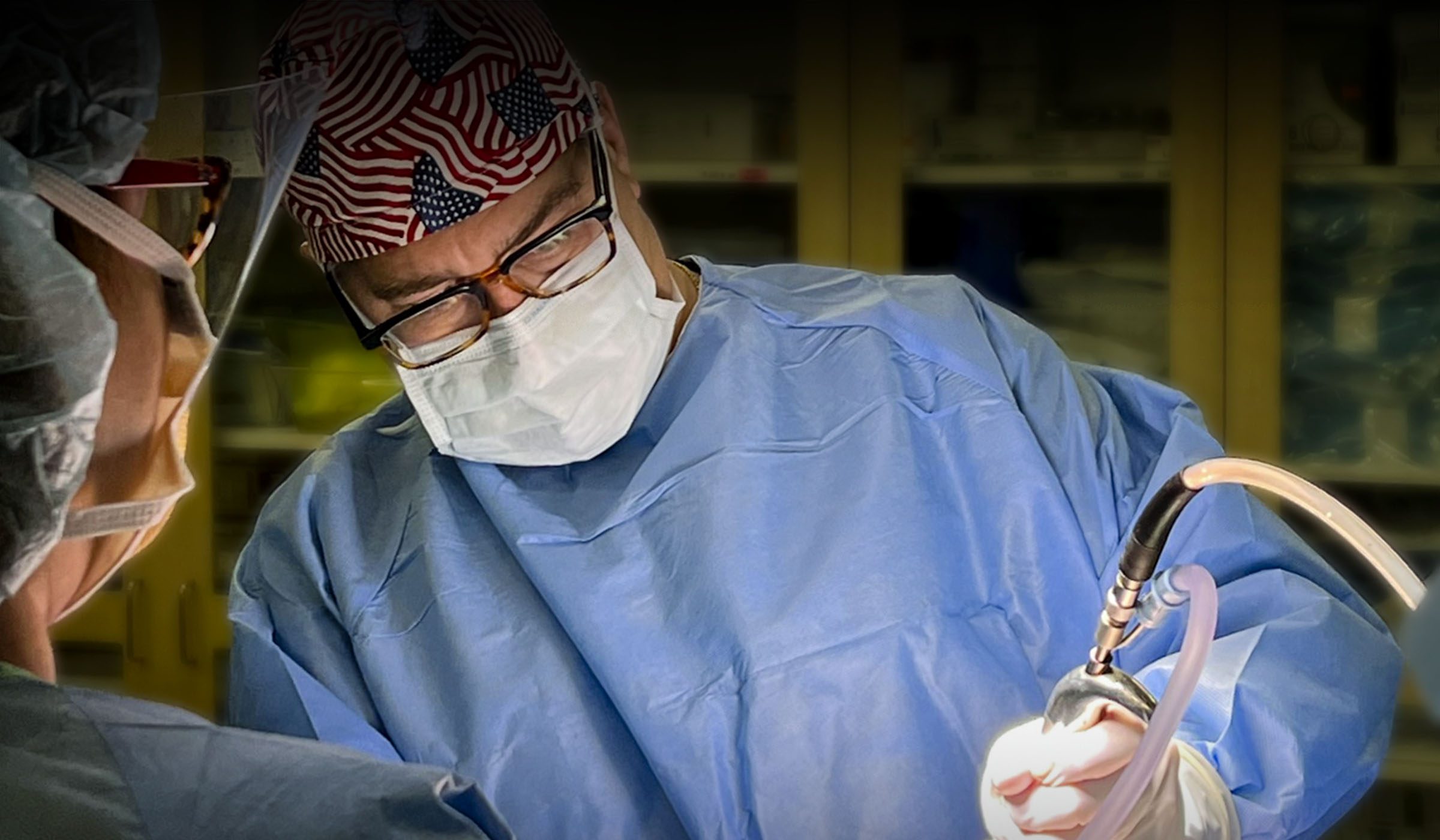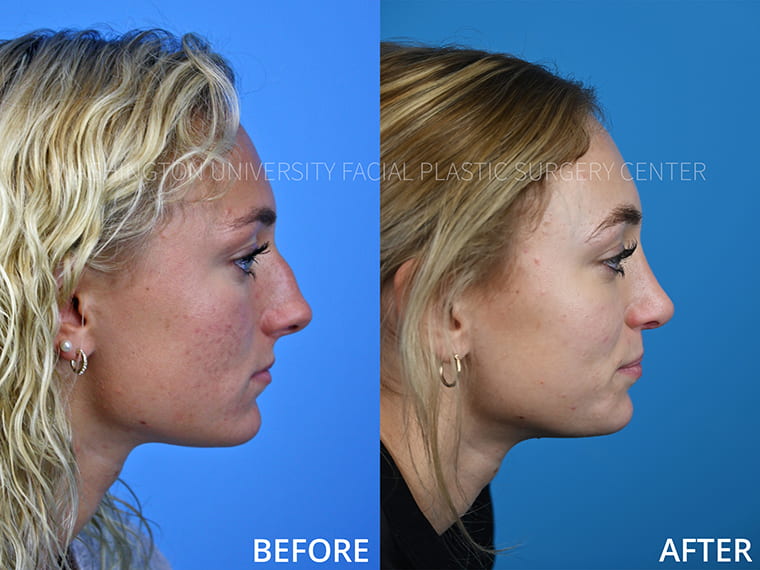A Deep Study the Typical Validation for Looking For Aesthetic Surgical Procedure: Unpacking the Wish for Modification and Self-Improvement

Social Pressures and Appeal Standards
Regularly, societal stress and prevailing appeal requirements play a significant function in individuals' decisions to pursue cosmetic surgical treatment (liposuction bellevue). In modern culture, graph greatly influences individual understandings of appearance, usually bolstered by media, celeb recommendations, and social systems. These networks often advertise idyllic versions of appeal, leading individuals to internalize these standards and examine their self-regard against them

Furthermore, these stress are not limited to specific demographics; they impact individuals throughout different ages, genders, and histories, highlighting the pervasive nature of charm standards. This widespread influence raises vital inquiries about the ethics of cosmetic surgical treatment and the implications of social requirements on individual selections. Ultimately, understanding these stress is essential for fostering a more inclusive meaning of charm that commemorates variety.
Individual Experiences and Transformative Stories
Lots of people that undergo plastic surgery record transformative experiences that expand beyond simple physical adjustments. For several, these procedures work as a driver for enhanced self-esteem and a renewed sense of identity. People regularly describe feeling freed from long-standing insecurities, causing raised confidence in both specialist and personal realms.
Take, as an example, the story of a young lady that underwent bust augmentation after years of sensation uneasy about her appearance. Post-surgery, she reported not only a newly found comfort in her body yet additionally a considerable renovation in her social life and career possibilities. Similarly, a middle-aged guy that chose to undertake a renovation shared how the procedure revitalized his outlook on life, prompting him to seek new rate of interests and partnerships.

Psychological Variables Behind Plastic Surgery
Many emotional factors add to the choice to undertake plastic surgery, reflecting much deeper emotional and mental health factors to consider. People frequently go after medical improvements as a way to address feelings of insufficiency, low self-esteem, or discontentment with their look. These mental inspirations can be rooted in previous experiences, social comparisons, or personal desires.
Body photo distortion is a widespread issue, where people regard their physical features in an exaggeratedly unfavorable light. This distortion can bring about obsessive ideas about perceived imperfections, motivating the need for medical change as a service. Additionally, the quest of perfection and social pressures can enhance these sensations, pressing individuals toward cosmetic procedures in hopes of attaining an idealized version of themselves.
In addition, the principle of self-improvement plays an important duty. Many individuals view plastic surgery as a path to improve their top quality of life, thinking that improved look will bring about increased social approval, better relationships, or improved occupation opportunities. Eventually, the psychological variables behind cosmetic surgical procedure underscore the complicated interplay between private self-perception and exterior influences, disclosing the complex nature of the wish for adjustment.
The Function of Media in Assumption
In today's society, media plays a critical function in shaping perceptions of appeal and self-respect. Through different platforms-- his explanation social media, tv, and advertising-- idealized criteria of beauty are frequently distributed, influencing specific desires and self-image. These representations frequently stress slim interpretations of good looks, predominantly including vibrant, slim, and electronically improved pictures, which can develop unrealistic benchmarks for individuals striving to adapt.
The impact of media is more worsened by the prevalent nature of social networks, where users are pounded with curated content that highlights cosmetic improvements, recommending a society of contrast. This constant direct exposure can lead to sensations of inadequacy among visitors, triggering them to consider plastic surgery as a way of achieving the perceived suitable. Study indicates that people that involve with these media depictions are most likely to reveal discontentment with their appearance, enhancing the desire for surgical interventions.
In addition, the normalization of cosmetic surgical procedure in media narratives can desensitize target markets, framing such treatments as commonplace and even essential for social approval. Therefore, the media's portrayal of charm not only influences specific choices concerning cosmetic surgical procedure yet also contributes to a more comprehensive societal discussion concerning self-respect and identification.
Future patterns and ethical considerations
In the middle of the expanding popularity of plastic surgery, ethical factors to consider bordering the technique have come to be significantly famous. As the demand for treatments increases, so also do problems regarding notified consent, the mental motivations of patients, and the capacity for exploitation by doctors. It is important for experts to guarantee that patients totally comprehend the advantages and risks, as well as the implications of their choices, to promote an accountable approach to aesthetic improvements.
Additionally, the impact of social media and elegance requirements increases concerns concerning the influence on psychological health and wellness, specifically among vulnerable populations. As understanding of body photo problems grows, honest technique necessitates a cautious analysis of the motivations behind surgical treatments. Doctors must balance patient wishes with moral responsibility, making certain that decisions are rooted in real self-improvement instead of social pressures.
Looking to the future, patterns may move in the direction of non-invasive and technically progressed procedures, highlighting individual safety and security and contentment. Additionally, the consolidation of emotional analyses can help find more info resolve underlying issues before surgical intervention. The plastic surgery area must adapt to these moral difficulties while promoting a culture of transparency and self-acceptance, inevitably prioritizing the health of individuals.
Verdict
In final thought, the pursuit of cosmetic surgery is influenced by a convergence of social pressures, personal experiences, and psychological aspects. As ethical considerations progress, future fads in cosmetic surgery will likely reflect ongoing societal dialogues bordering self-improvement and private identification.
Frequently, social pressures and prevailing charm requirements play a considerable function in people' decisions to go after cosmetic surgical procedure. liposuction bellevue. Ultimately, these transformative tales highlight the multifaceted factors people seek cosmetic surgery, intertwining personal growth with the search of visual improvement
Numerous people watch cosmetic surgical procedure as a path to boost their quality of life, thinking that boosted look will lead to increased social approval, far better partnerships, or boosted career opportunities. Inevitably, the psychological aspects behind cosmetic surgical procedure highlight the complicated interaction between individual self-perception and outside influences, exposing the complex nature of the need for modification.
As moral considerations progress, future fads in cosmetic surgical procedure page will likely reflect ongoing societal discussions surrounding self-improvement and private identification. liposuction bellevue.